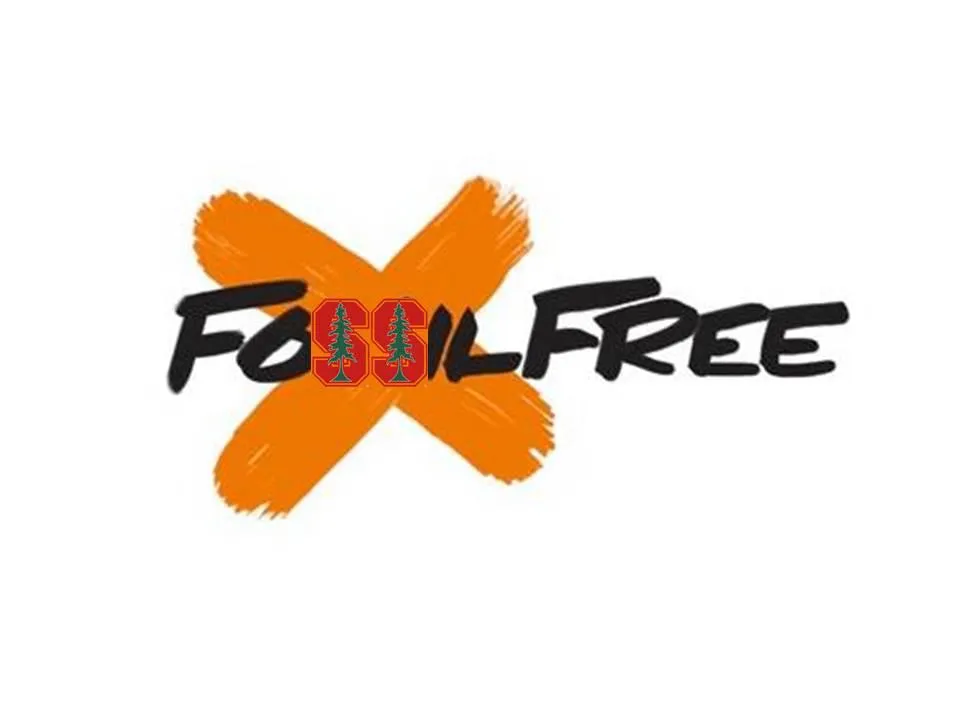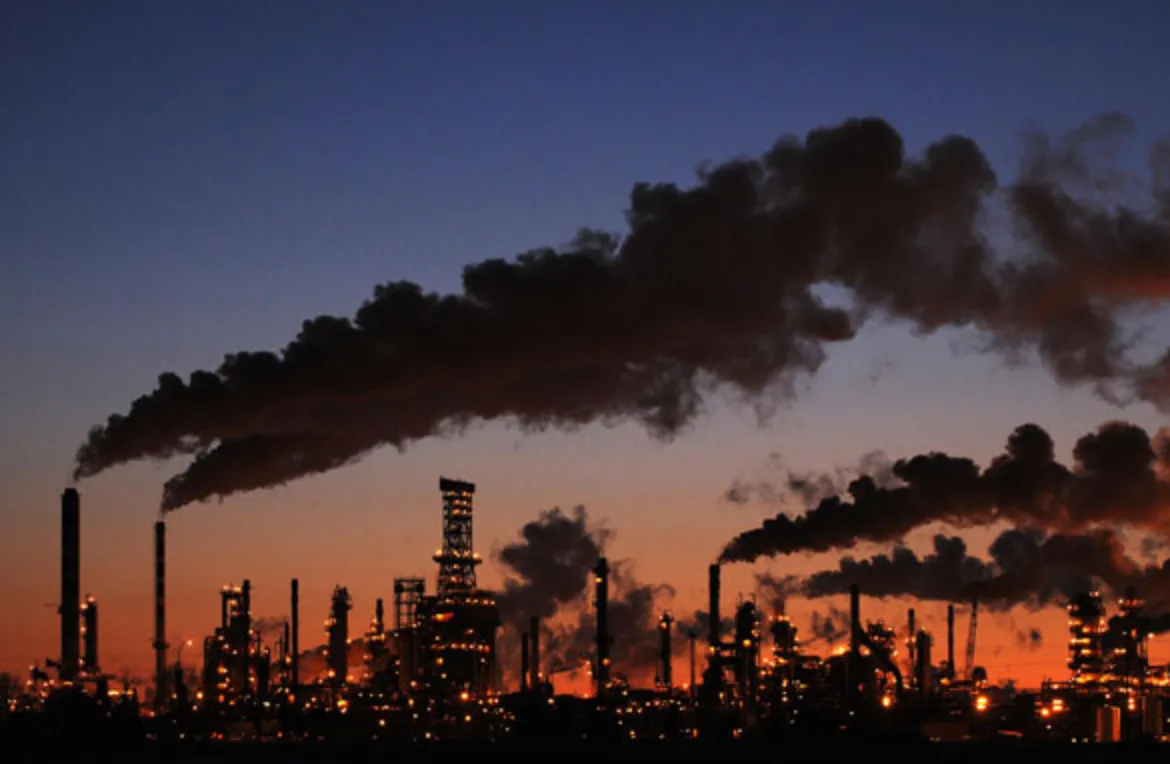Table of Contents
 At a recent Stanford Institute for Economic Policy Research (SIEPR) Policy Forum, speakers addressed the issue of “Using Economics to Confront Climate Change.” Economists, policy-makers, and entrepreneurs were on hand to address the topic from a number of fascinating perspectives.
At a recent Stanford Institute for Economic Policy Research (SIEPR) Policy Forum, speakers addressed the issue of “Using Economics to Confront Climate Change.” Economists, policy-makers, and entrepreneurs were on hand to address the topic from a number of fascinating perspectives.
I was present for a couple of excellent presentations in particular — one from Steve Newcomb, a local entrepreneur who has created a number of start-ups related to alternative energy, and another from a set of researchers at the Freeman Spogli Institute’s Program on Energy and Sustainable Development who focused on tackling climate change in the developing world.
The pair of presentations was at once hopeful and sobering and revealed a vast disconnect between the developed and developing worlds. Newcomb, currently the CEO of Virgance, forcefully argued for using the power of capitalism to advance social causes. One of his latest projects, CarrotMob, attempts to bundle consumer power for the purpose of incentivizing sustainable practices by businesses. His further success with a second project called One Block off the Grid, which has found success in selling selling solar power, provided hope for the future of alternative energy in this country.
But optimism is so overrated. And a set of Stanford-based economists made sure that no one would leave in a good mood. First, Jeremy Carl presented on coal use in India — long story short: they use a lot of it and are going to use a lot more. Next, Richard Morse came to similar conclusions vis-à-vis China. Finally, Mark Thurber presented on the differences between private and state-owned oil companies, comparing their incentives and their historic responses to price increases. Most interesting was the conclusion that a vast majority of national oil companies (NOCs) do not respond to prices as a normal firm would — rather than upping production to take advantage of higher prices, they most often keep production constant or even reduce production. Poor investment climates or a desire to produce a constant amount of revenue results in the unexpected performance.
The three presentations all arrived at predictable conclusions: states will and have always act in their self-interest. The developing world is at least 20-30 years away from adopting alternative energies in any significant way (as Carl put it, there is the potential for billion dollar alternative energy industries but no potential to seriously alter the composition of a trillion dollar economy). The policy proposals of the group ranged from increasing natural gas use to implementing carbon capture and sequestration (CCS). None had the potential to eliminate the problem, but some presented realistic options for at least slowing the growth in greenhouse gas emissions without harming economic output. But for the foreseeable future, King Coal is here to stay.






